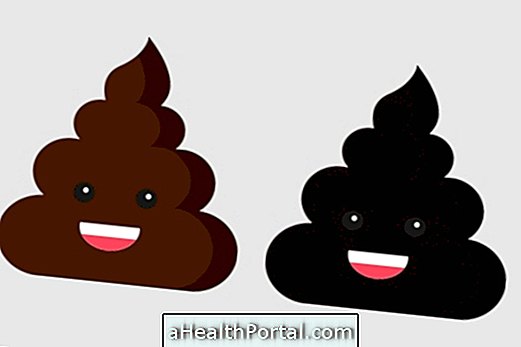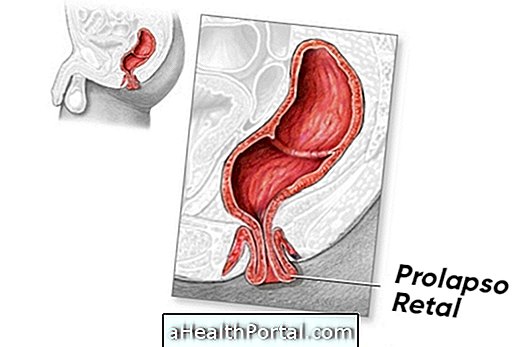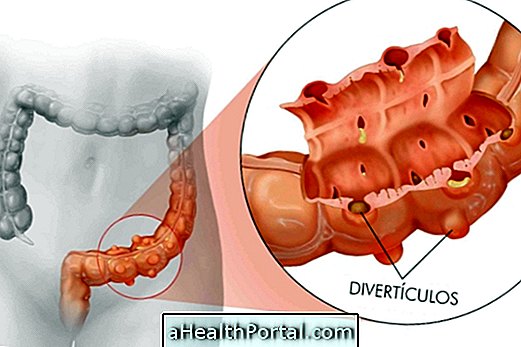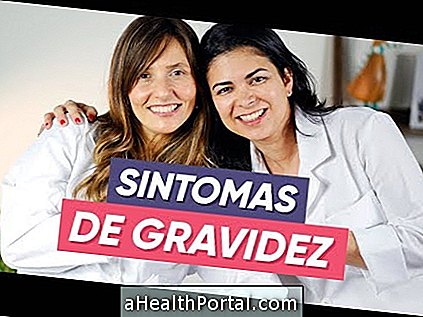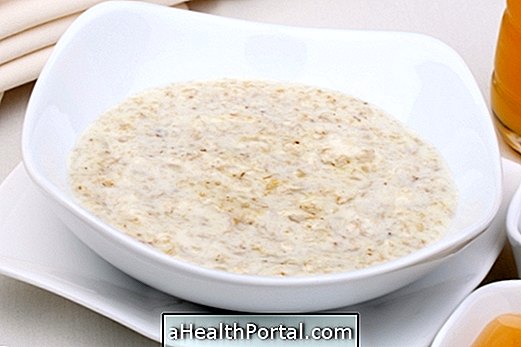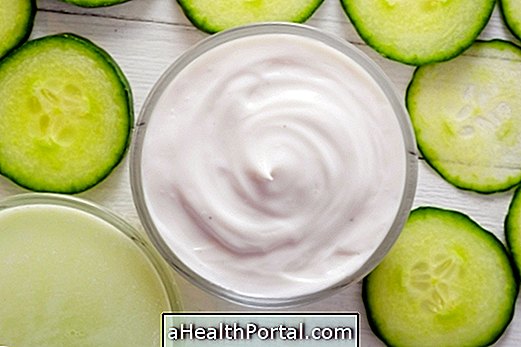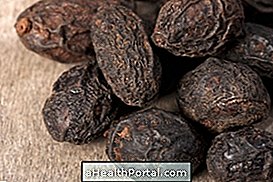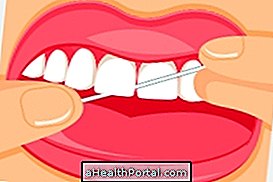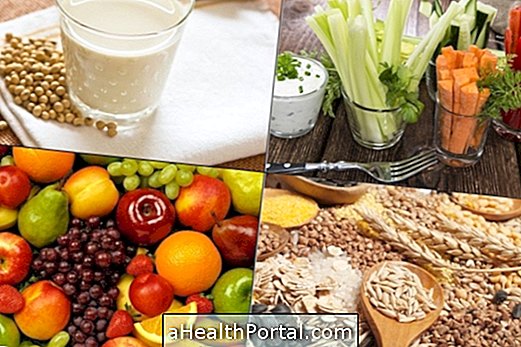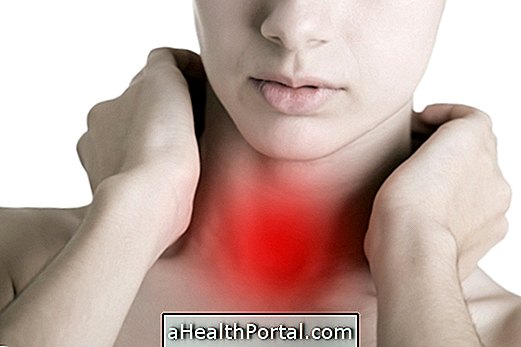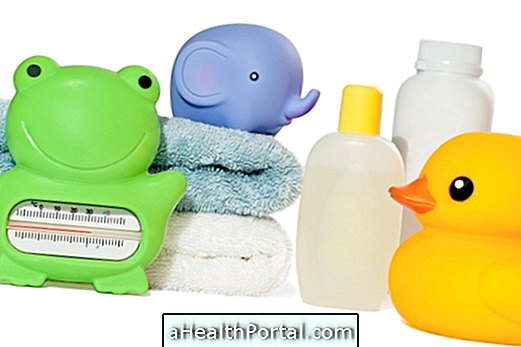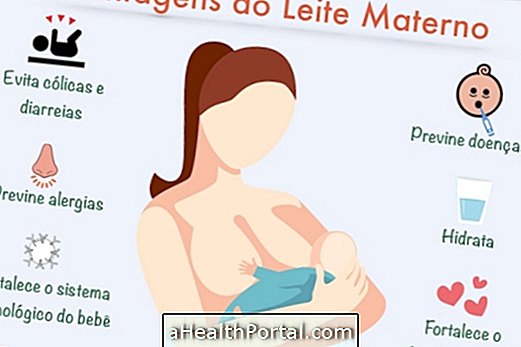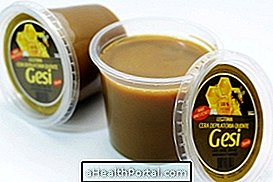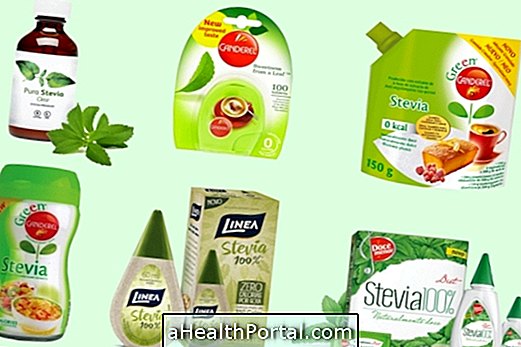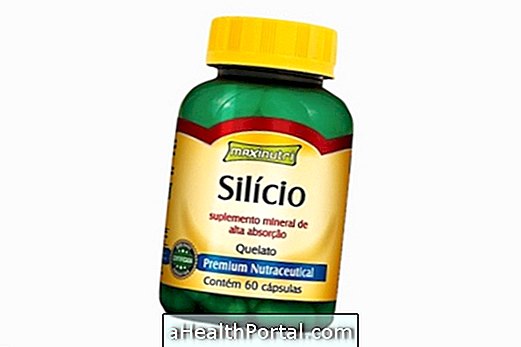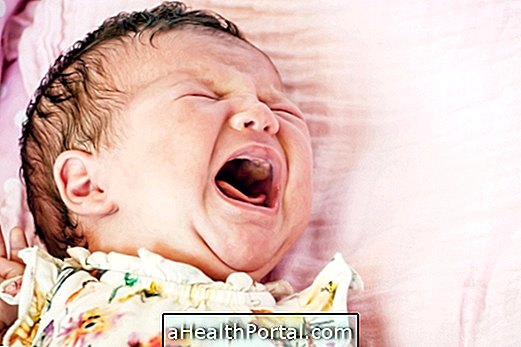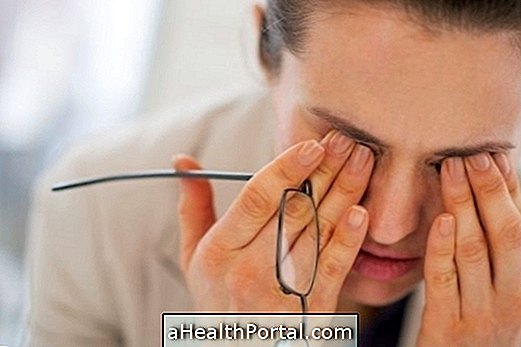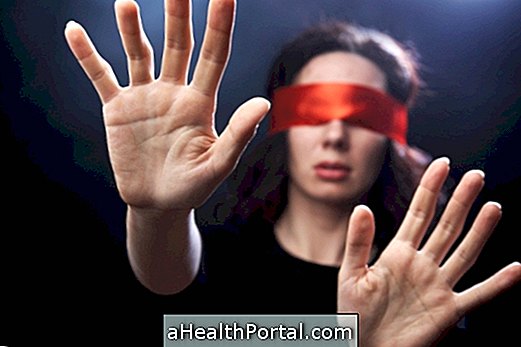Heartburn can be caused by factors such as poor digestion of food, overweight, pregnancy and having the habit of smoking. The main symptom of heartburn is the burning sensation that starts at the end of the sternum, which is between the ribs, and down to the throat.
This burning is caused by the return of the gastric juice to the esophagus, which, being acidic, damages the esophageal cells and causes pain. Here are the top 10 causes of this problem and know what to do in each case.
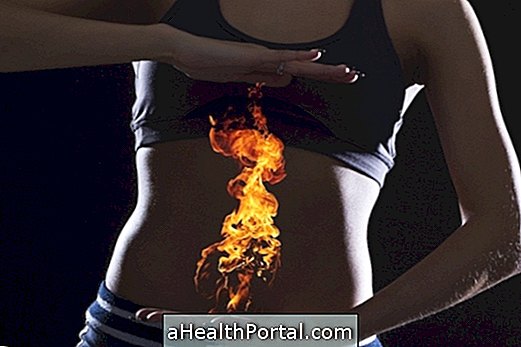
1. Smoking
Chemicals that are inhaled while smoking can cause poor digestion and promote relaxation of the esophageal sphincter, which is the muscle between the stomach and the esophagus, responsible for closing the stomach and keeping the gastric juice there. Thus, when the esophageal sphincter is weakened, the gastric contents can easily return towards the esophagus, causing reflux and heartburn.
In these cases, the solution is to stop smoking so that the body gets rid of the tobacco toxins and returns to normal functioning.
2. Drinking caffeinated beverages
Exaggerating the consumption of caffeinated beverages such as coffee, cola soft drinks, black, mate and green teas, and chocolate is also a major cause of heartburn. This is because caffeine stimulates the movement of the stomach, which facilitates the return of gastric juice into the esophagus.
To solve this problem, one must avoid consumption of caffeine-rich foods and beverages or at least reduce their consumption and see if their symptoms improve.

3. Making large meals
Having a habit of consuming large volumes of food during meals is also one of the reasons for heartburn, as the stomach tips very full and distended, making it difficult to close the esophageal sphincter, which prevents food from returning to the esophagus and throat. In addition, overeating in fatty foods also hinders digestion and intestinal transit, causing food to stay in the stomach longer, which can cause heartburn.
In these cases, one should prefer to make small meals at a time, distributing food in several meals a day and avoiding especially fried foods, fast food, processed meats such as sausage sausage and bacon, and frozen ready-made food.
4. Pregnancy
Heartburn is common especially in the 2nd and 3rd trimester of pregnancy, as the lack of space for organs in the woman's abdomen along with excess progesterone makes it difficult to properly close the esophageal sphincter, causing reflux and heartburn.
In these cases, pregnant women should make small meals throughout the day and avoid lying down for at least 30 minutes after meals, in addition to having a healthy and balanced diet. See more tips on how to fight heartburn in pregnancy.
5. Medications

Frequent use of medications such as aspirin, Ibuprofen, Naproxen, Celecoxib, and various remedies for chemotherapy, depression, osteoporosis, and high blood pressure can cause heartburn to irritate the esophagus and cause relaxation of the esophageal sphincter, which does not adequately block the passageway between the stomach and the esophagus.
To treat heartburn, avoid frequent use of these medicines and remember not to lie down for at least 30 minutes after using the medicines. If symptoms persist, you should talk to your doctor about switching medications or giving you another form of use.
6. Drinking fluids during meals
Drinking liquids during meals causes the stomach to become very full, making it difficult to close the esophageal sphincter, especially when there is the consumption of carbonated drinks like soft drinks.
In these cases, it is important to avoid drinking liquids 30 minutes before and after meals so that digestion occurs more quickly.
7. Overweight
Even small increases in weight can cause heartburn, especially in people with poor digestion or gastritis. This is probably because the accumulation of abdominal fat increases the pressure against the stomach, favoring the return of the gastric contents to the esophagus and causing the burning sensation.
To solve the problem, you should improve nutrition, avoid high-fat foods and lose weight, so that the intestinal transit returns to flow more easily.

8. Alcohol
Frequent alcohol consumption can cause heartburn because alcohol relaxes the esophageal sphincter muscles, favoring the return of food and stomach acid into the esophagus. In addition, alcohol increases the production of gastric juice and can cause gastritis, which usually has as a symptom the burning sensation of heartburn.
The solution to these cases is to stop consuming alcohol and have a balanced diet, with enough fruits, vegetables and water to favor the proper functioning of the entire digestive system.
9. Other foods
Some foods are known to increase heartburn, but without a specific cause such as: chocolate, pepper, raw onions, spicy foods, citrus fruits, mint and tomato.
It is important to note if heartburn comes after consuming any of these foods, which should be excluded from the diet if they are identified as one of the causes of stomach burns.
10. Physical activity
Some physical activities like yoga and pilates or specific exercises like sit-ups and movements that require upside down increase pressure in the abdomen and force the gastric contents back into the esophagus, causing heartburn.
To resolve, it is important to eat at least 2-3 hours before practicing physical activity, and if there is no improvement in symptoms, avoid the exercises that cause burning and pain.
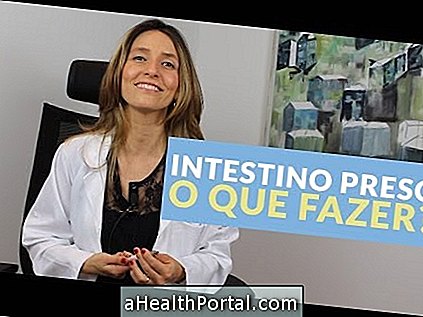
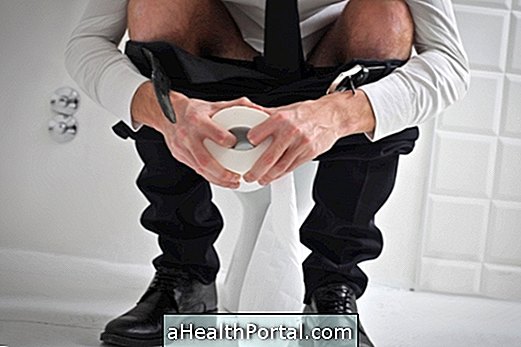
-o-que--sintomas-e-tratamento.jpg)
